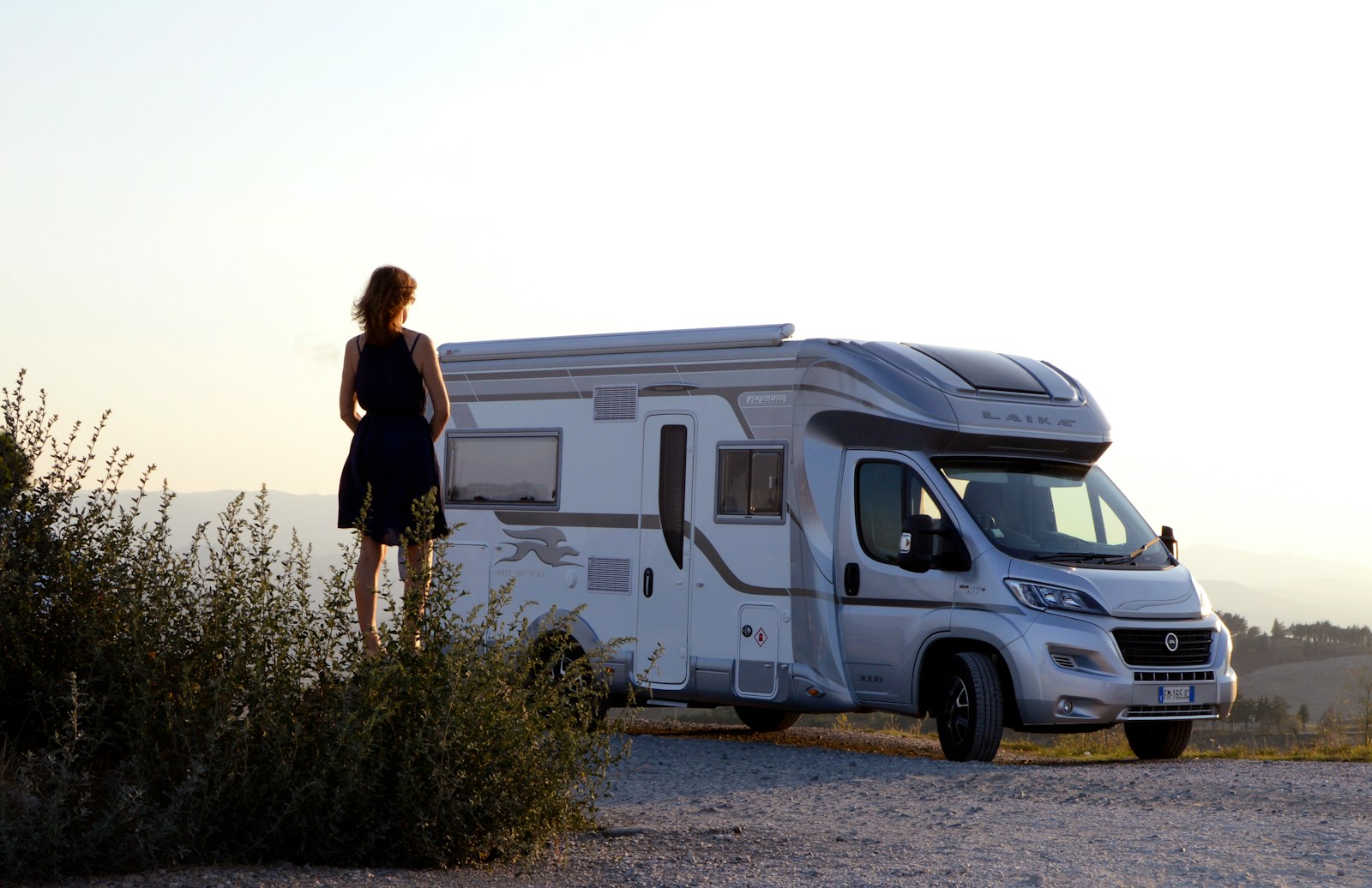Buying Your First Motorhome? Here’s What No One Tells You
Purchasing your first motorhome feels exciting. Just imagining weekend escapes to the Lake District or extended tours through Scotland brings joy, but experienced owners know the reality involves considerations that brochures rarely mention. Understanding these practical realities before committing helps guarantee that your motorhome brings, in fact, joy instead of frustration and unexpected expense.
It’s More Than Just the Purchase Price
The sticker price is only the beginning of motorhome ownership costs. Annual maintenance, including servicing, MOTs, and habitation checks, easily reaches £500-800, whilst unexpected repairs, such as heating systems, water pumps, or electrical faults, add further expense. Storage costs vary depending on location and security level, from £30 monthly for basic outdoor spaces to £150+ for heated indoor facilities. Fuel consumption runs substantially higher than cars, with larger motorhomes averaging 20-25 miles per gallon, meaning a 300-mile trip costs £70-90 in diesel alone. And understanding total ownership costs prevents budget shocks. Site fees, whether for wild camping with minimal facilities or full-service campsites charging £30-50 nightly, accumulate quickly. Depreciation proves less severe than cars if you buy used sensibly, but new motorhomes lose 20-30% in the first two years. Planning realistically for these ongoing expenses makes ownership sustainable instead of becoming a financial burden that forces premature sale.
Comfort vs Practicality – What to Look For
Layout choices profoundly affect liveability, yet showroom visits rarely reveal how spaces function during actual trips. Fixed beds offer comfort but consume space that convertible dinettes provide during the daytime. End bathrooms deliver privacy, whilst central washrooms save walking at night. Consider your typical usage; for instance, weekend couples need different layouts than families taking extended holidays. Weight limits prove important yet often overlooked. According to Wandering Bird’s motorhome buying guide, exceeding maximum laden weight invalidates insurance and risks prosecution. Calculate payload carefully: water, gas, food, clothing, and equipment add up faster than anticipated, with many buyers discovering they’re overweight only after their first trip. Driving experience varies quite a bit, and compact campervans handle like large vans, whilst coachbuilt motorhomes over 3.5 tonnes require different licences and driving techniques. Test drive thoroughly on various roads, including tight urban streets and motorways, before committing. Storage accessibility matters daily, and external lockers should accommodate awnings, chairs, and bikes without complex Tetris-like packing. Check build quality carefully: water ingress from poor sealing causes expensive damage, whilst flimsy cupboards and rattling fixtures prove endlessly irritating.
Protecting Your Investment
Motorhomes face distinct risks requiring specialised coverage besides standard motor insurance. Theft remains common, particularly for catalytic converters and bicycles stored on racks. Accidents involving large vehicles create substantial damage costs, whilst breakdowns far from home prove both expensive and disruptive. Exploring options for motorhome insurance that covers all your travel needs guarantees peace of mind wherever the road takes you, protecting against theft, accidents, breakdown recovery, and damage to contents.
First-time motorhome ownership succeeds through realistic expectations, thorough research, and proper financial planning. Understanding these unspoken realities changes potential pitfalls into manageable aspects of a rewarding lifestyle.
